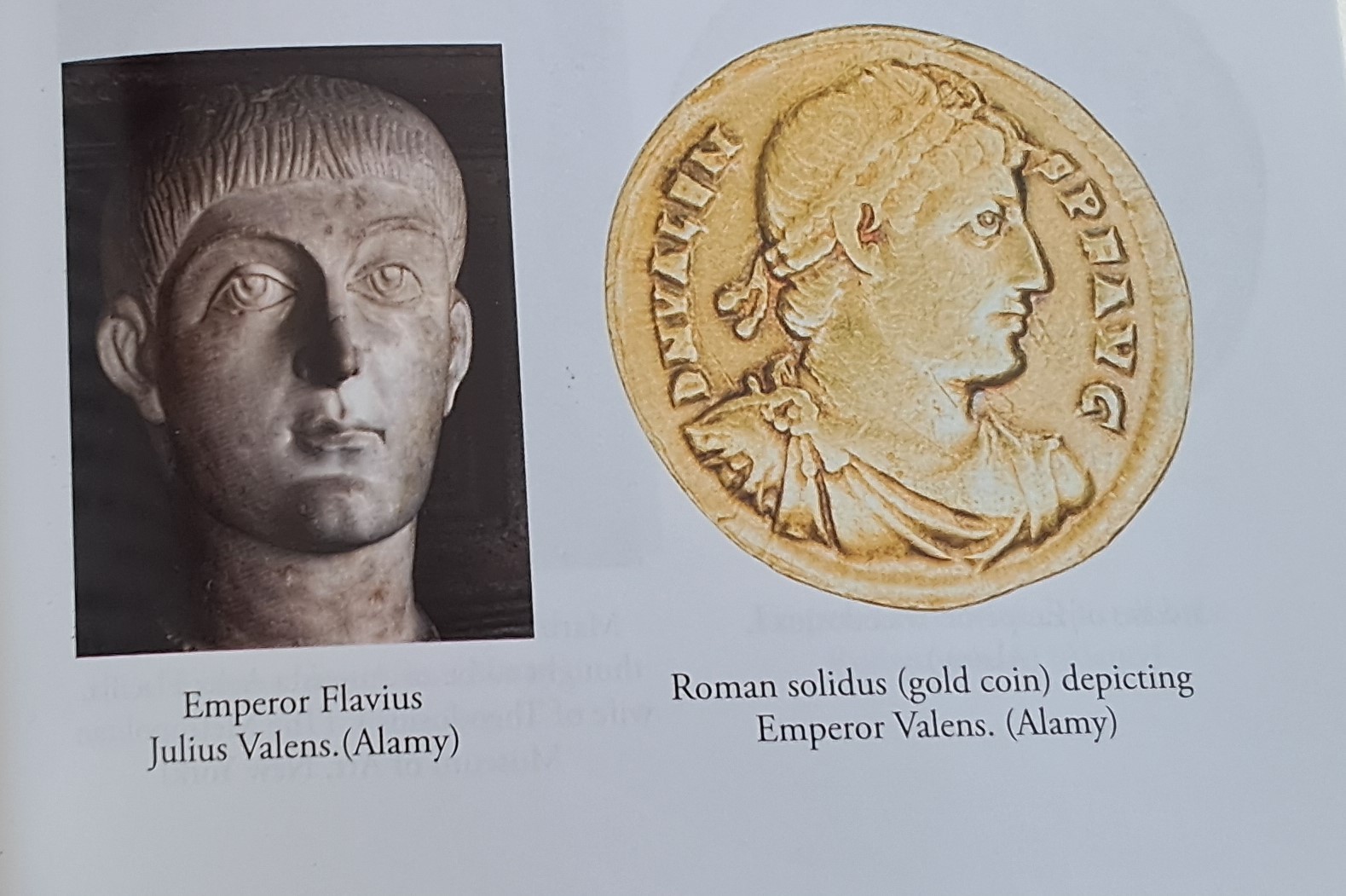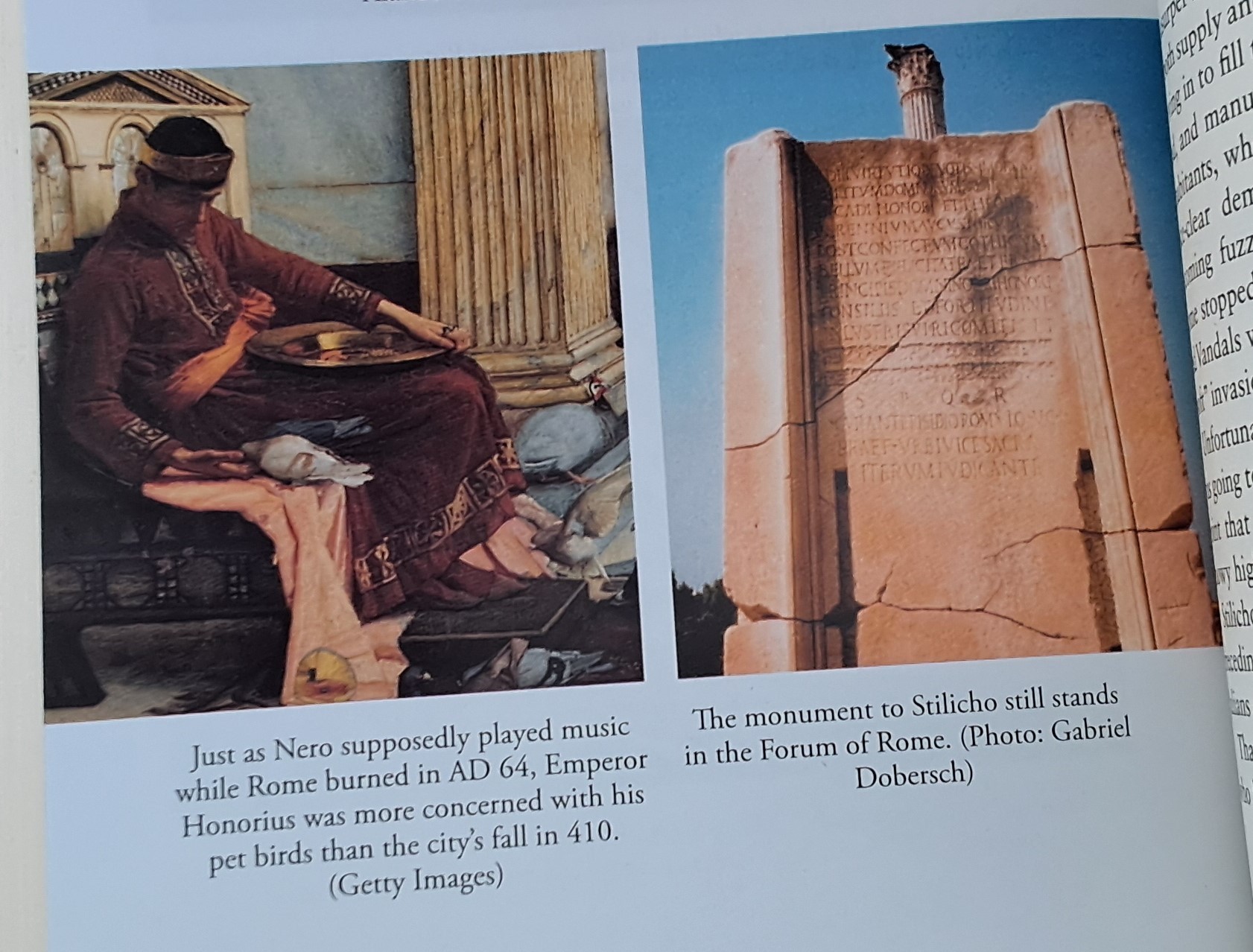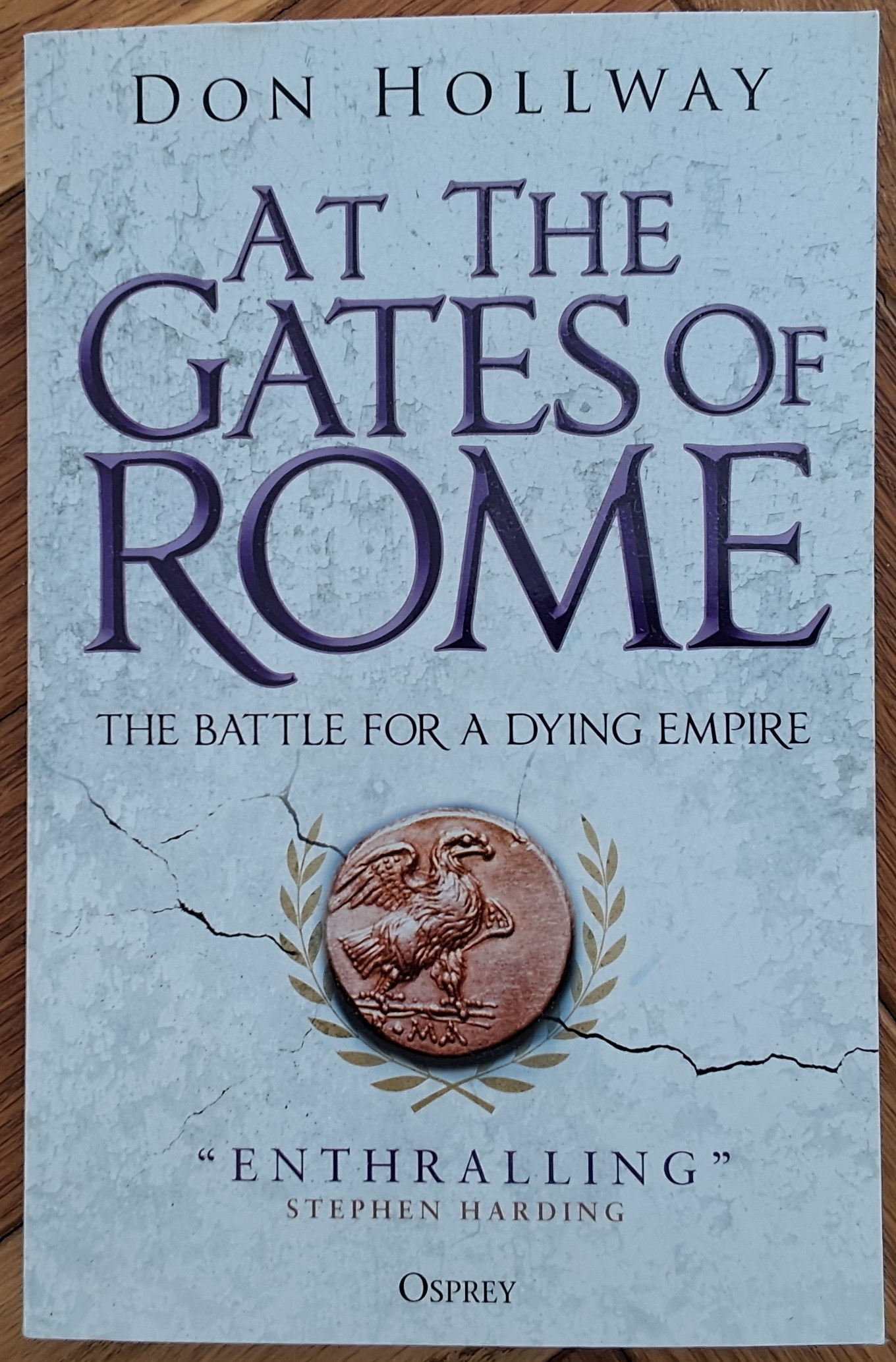It took little more than a single generation for the centuries-old Roman Empire to fall. In those critical decades, while Christians and pagans, legions and barbarians, generals and politicians squabbled over dwindling scraps of power, two men – former comrades on the battlefield – rose to prominence on opposite sides of the great game of empire.
Roman general Flavius Stilicho, the man behind the Roman throne, dedicated himself to restoring imperial glory, only to find himself struggling for his life against political foes. Alaric, King of the Goths, desired to be a friend of Rome, was betrayed by it, and given no choice but to become its enemy. Battling each other to a standstill, these two warriors ultimately overcame their differences in order to save the empire from enemies on all sides. And when one of them fell, the other took such vengeance as had never been seen in history.
Don Hollway, author of The Last Viking, combines ancient chroniclers' accounts of Stilicho and Alaric into an unforgettable history of betrayal, politics, intrigue and war for the heart and soul of the Roman Empire.
I quite like Roman history and was happy to receive this for review, but on opening the book, had a sense of de ja vue, having already read and reviewed this when it was 'At the gates of Rome, the fall of the eternal city, AD410'. Same premise with a slight shift in emphasis to focus on Roman general Stilicho and Alaric, king of the Visigoths.
Review | Armorama™That review holds up, and this is similar in that I warmed to the author's style early, the narrative being told with a nod to the reader and a wry sense of humor, which appeals. The information is the same, there is nothing new here, and no new analysis of established facts. Not a big deal as it is a good read, well researched and well written, the author clearly has a passion for the subject that comes across in his writing style. Even some of the images are recycled... see below.
Review | Armorama™Review | Armorama™About the only thing lacking here are maps to put things in context, like the distances travelled to go to war, get messages home, or to attend a meeting where the fate of a people was decided. Something I had to remind myself of was that all travel was on foot, ship, or horse, there were no trains, planes, or automobiles, with apologies to Steve Martin and John Candy.
Easily recommended, a straightforward read, that tells the story it sets out to, without going down unnecessary tributaries along the way.
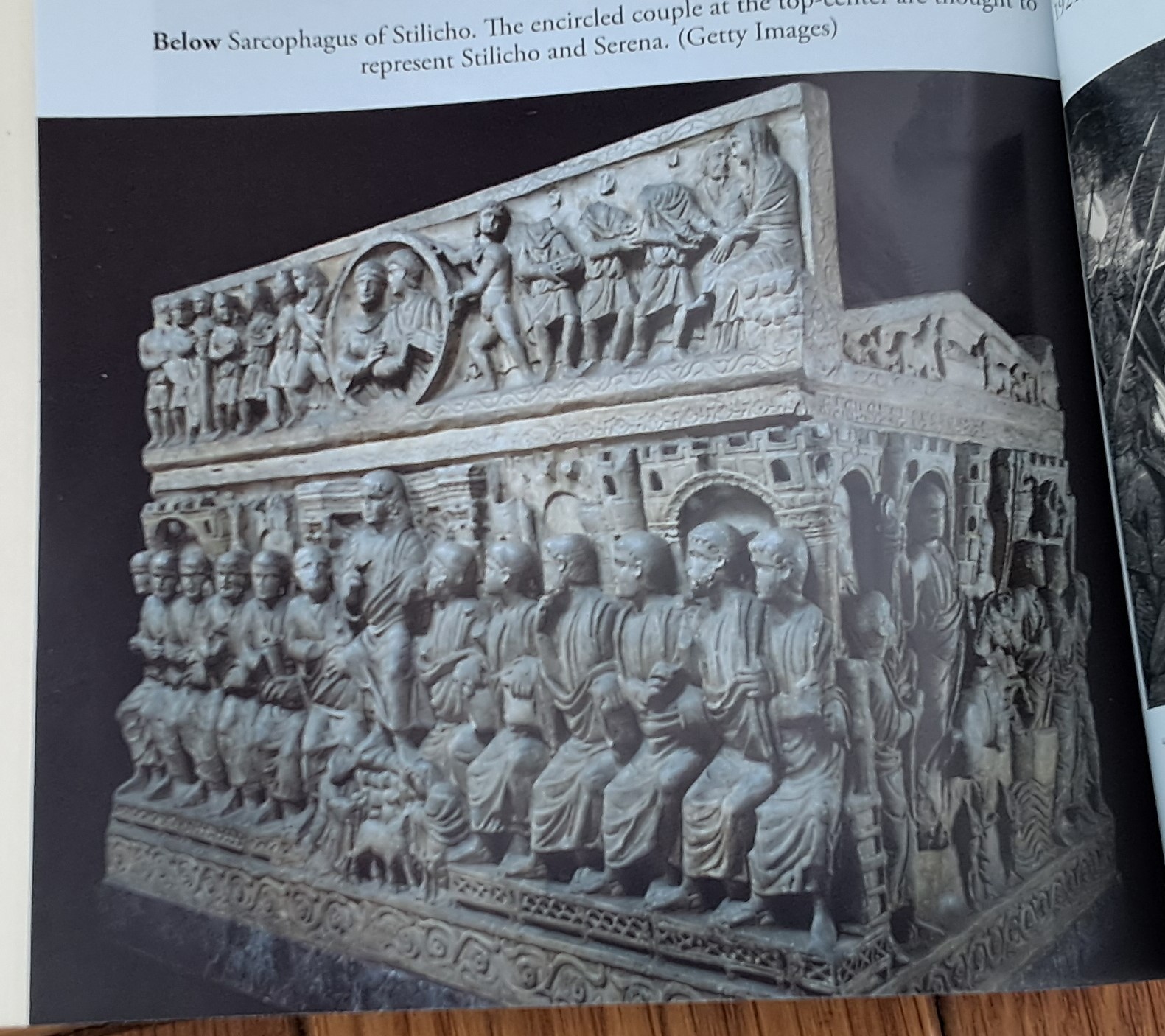
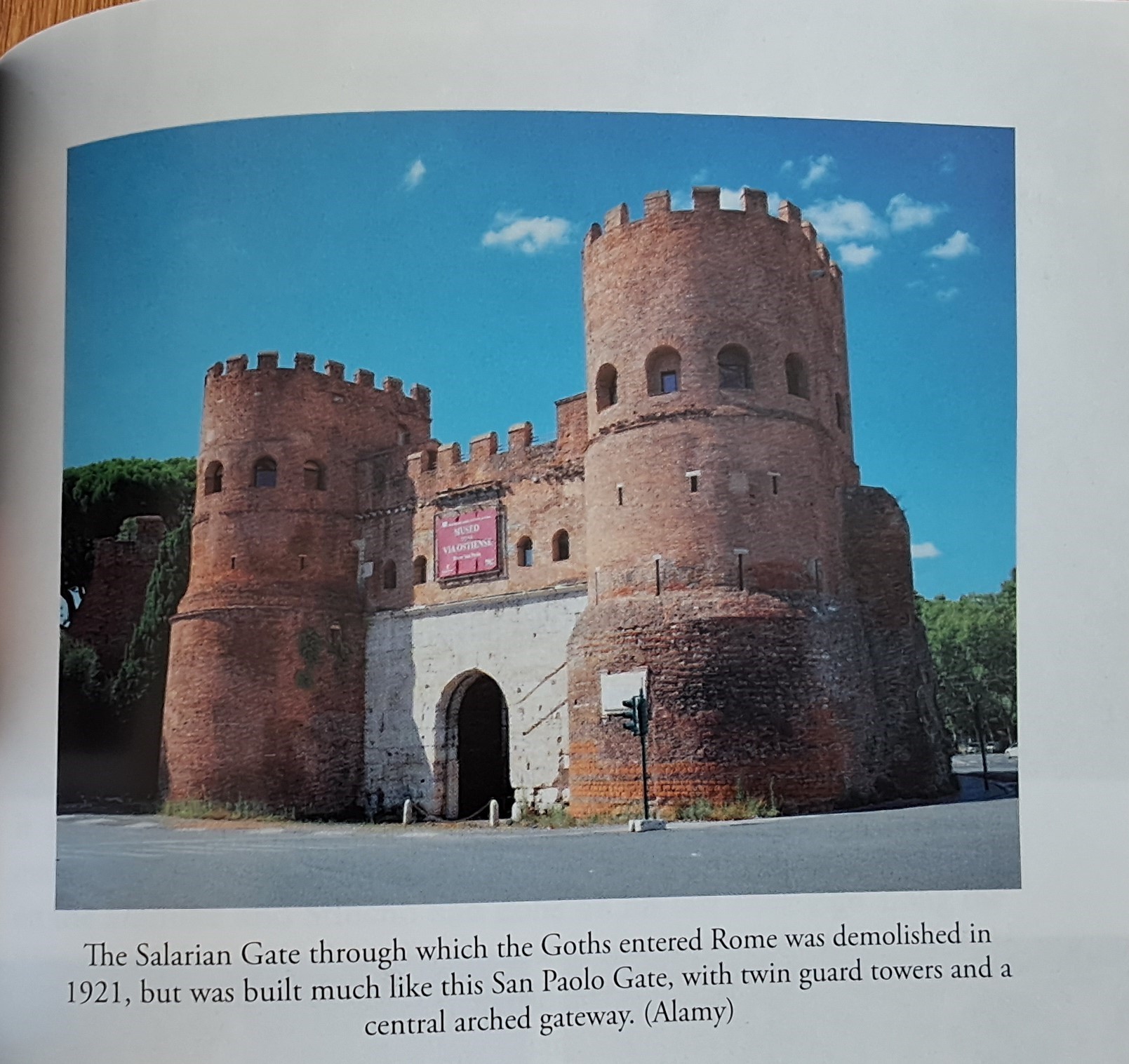
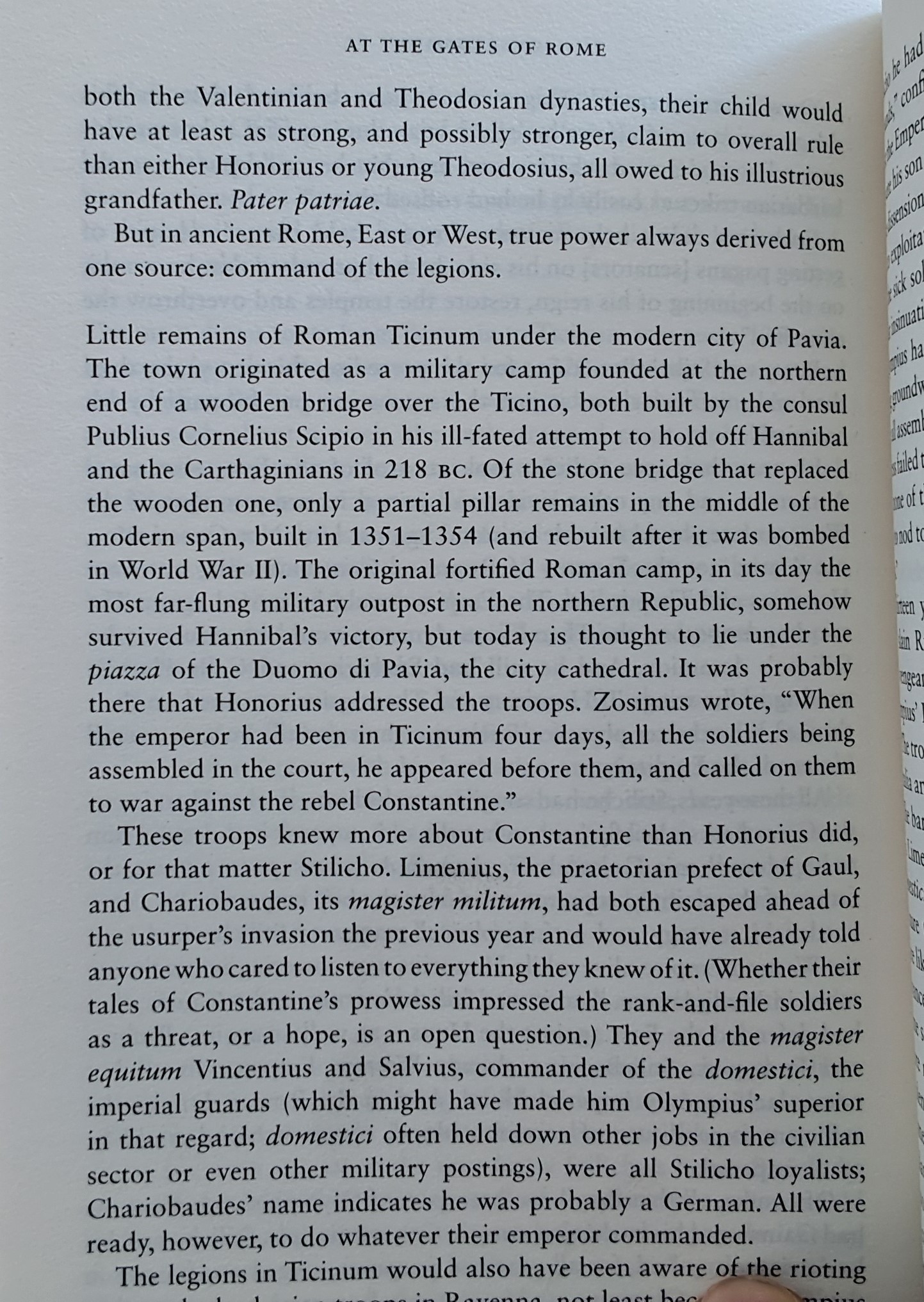
as good as a photo...
